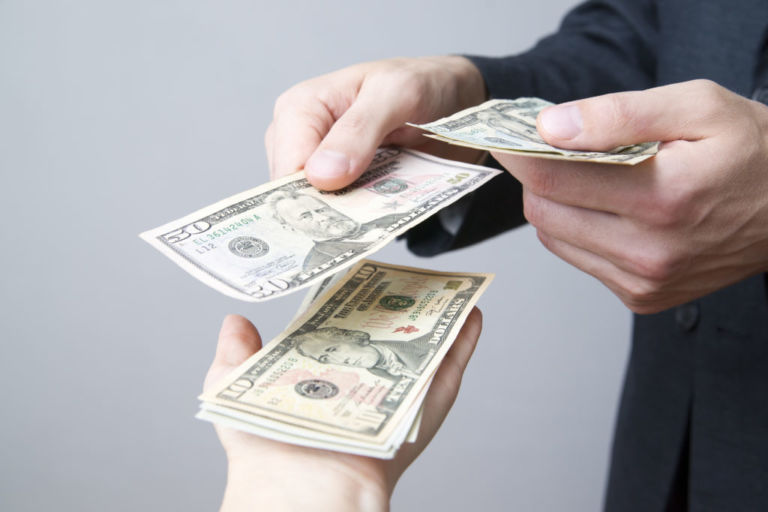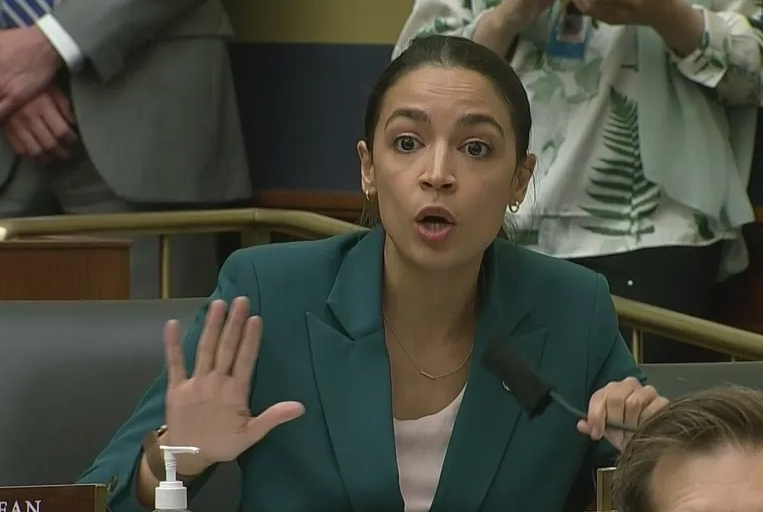Heather Honey writes for the Federalist about a national group’s criticism of North Carolina’s early voting sites.
North Carolina’s early voting locations operated on college campuses disproportionately favor Democrats in violation of state statute, new research suggests. A report from the nonpartisan think tank Verity Vote analyzed North Carolina’s early voting locations (One Stop Voting), campus voter registration, and early ballots cast. Data reveals noncompliance with a North Carolina statutory requirement for neutrality in early voting venues.
College students disproportionately favor one political party. That is not breaking news. Edison Research polling shows a 28-point margin for Democrats among young people. A 2022 study by the Center for the Study of Partisanship and Ideology found that Democrats outnumber Republicans on college campuses by a 55-23 margin nationwide. While the size of the partisan advantage for Democrats among college students has grown significantly in the last decade, the fact that it exists has been well-documented since the 1960s. College faculty and staff also disproportionately favor one party. A 202 study of more than 20,000 faculty members found 48.4 percent were registered Democrats and only 5.7 percent were registered Republicans.
North Carolina statute §163-227.6 prohibits the use of early voting sites that disproportionately favor any party or candidate. The requirement for election officials to select early voting locations that confer no partisan political advantage is being violated in more than a dozen counties across the state of North Carolina.
More North Carolinians choose to vote early rather than on Election Day. In 2022, more than 53 percent of ballots were cast at One Stop Voting locations. Therefore, decisions related to these locations can significantly affect the election.
North Carolina voter registration reflects a roughly even partisan makeup. Statewide voter registration shows that nearly 37 percent of individuals register as unaffiliated. Democrats make up approximately 32 percent, and Republicans account for 30 percent of the statewide registered voters.


